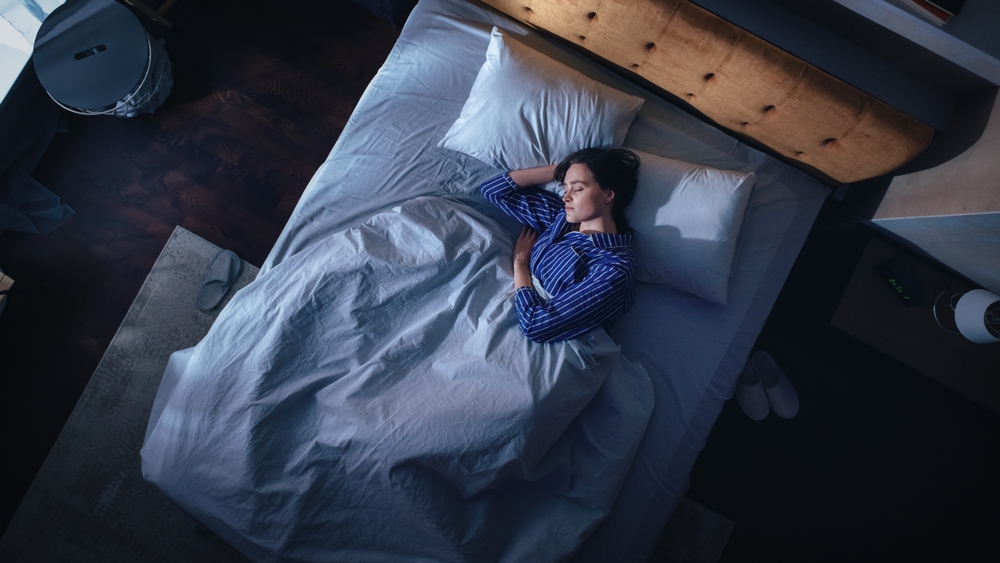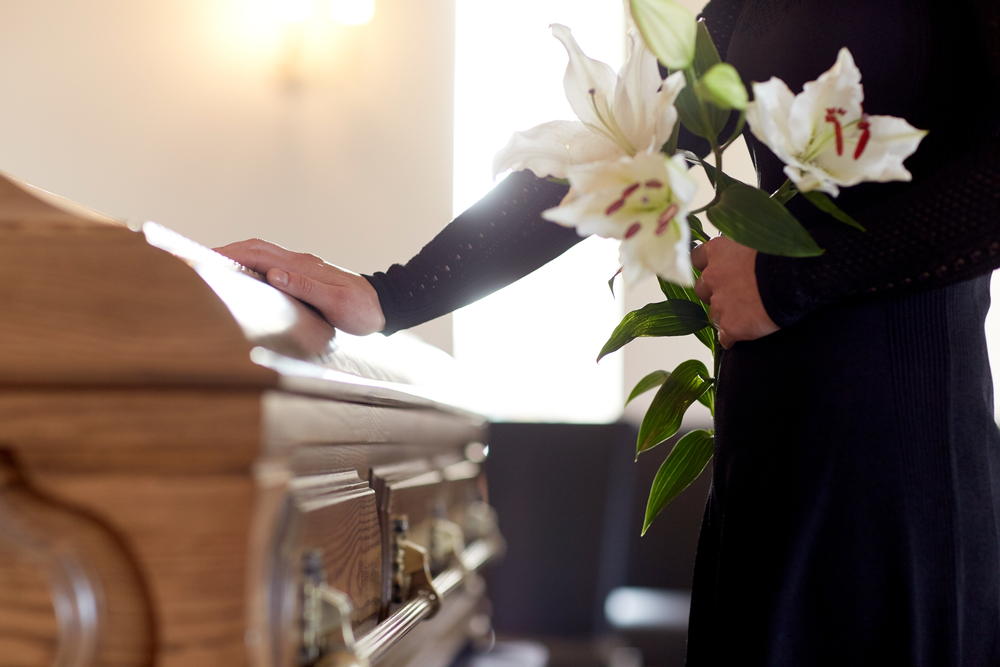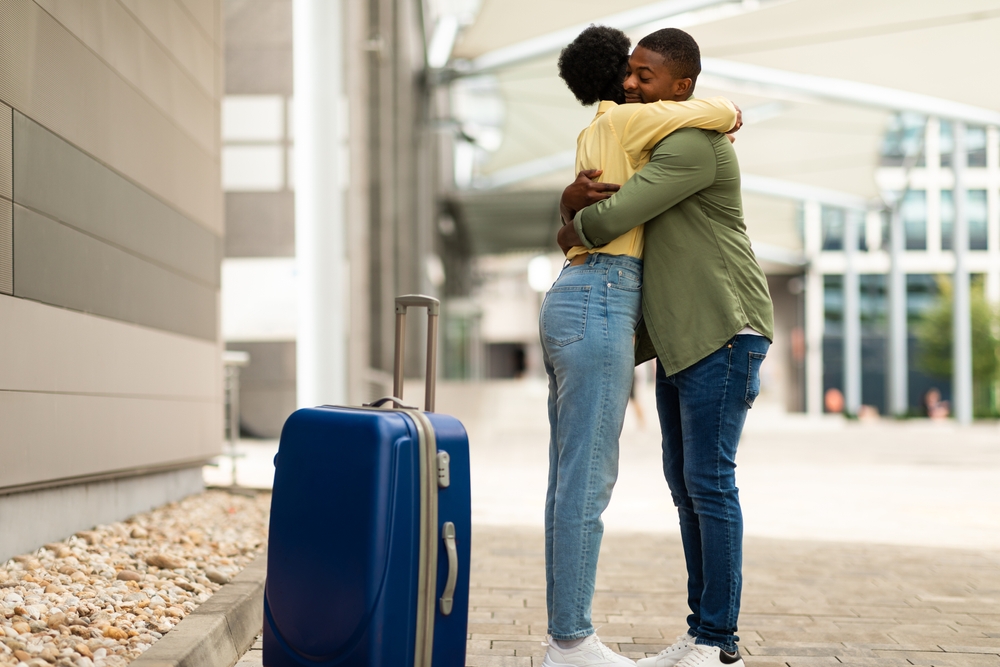Are you anxious because you are tired, or is your anxiety making it hard to sleep? The interplay between anxiety and sleep disorders can be difficult to understand, and often harder to overcome. However, there are some things you should know that can help you overcome your insomnia or hypersomnia, and reduce your anxious feelings.
What is Anxiety?
Anxiety is a feeling of worry or fear that something bad is going to happen. Everyone feels anxiety sometimes. However, when those feelings of stress and anxiety become constant and interfere with your everyday life, you may be suffering from an anxiety disorder. Just under 20% of adults suffer from an anxiety disorder every year. These disorders take various forms, and result in a variety of mental and physical symptoms. Common anxiety disorders include:
- Generalized Anxiety Disorder: persistent, excessive, and uncontrollable worry about multiple topics.
- Panic Disorder: unexpected spikes of fear or anxiety
- Phobias or fears centered around a specific trigger or event
What are Sleep Disorders?
Sleep disorders are conditions that negatively affect your ability to fall asleep, stay asleep, and wake up rested. They are usually treated as physical health conditions, rather than a type of mental health concern. Modern medicine categorizes sleep disorders based on their symptoms:
- Insomnia: difficulty falling asleep or staying asleep
- Apnea and other types of sleep-related breathing disorders
- Central disorders of hypersomnolence: Inability to stay alert during the day, such as narcolepsy
- Circadian rhythm sleep-wake disorders: Difficulty falling asleep or waking up on time
- Parasomnias including sleep-walking, sleep-talking, or sleep-eating
- Sleep-related movement disorders where the urge to move, or actual movements, make it hard to fall asleep and stay asleep, such as restless leg syndrome
Do You Have Sleep Anxiety?
Sleep anxiety is a type of anxiety disorder where your fear or worry centers around your ability to sleep. You may be apprehensive about being able to fall asleep, or stay asleep, or even worry you won’t wake up. There is also a specific phobia, called somniphobia, which causes people to believe they should not sleep because something bad will happen to them, or because they need to stay alert and watchful. People who suffer from a sleep disorder or mental health disorder including anxiety, depression, post-traumatic stress disorder (PTSD), or other phobias, are more likely to develop sleep anxiety than others.
The Interaction Between Anxiety and Sleep Disorders
Some research suggests that most people with anxiety also have some form of sleep disorder. Anxiety can be a trigger for sleep disorders because of the chemicals and hormones your brain releases when you are experiencing stress. Chronically high levels of stress hormones can interfere with your body’s ability to relax and make it hard to fall asleep. There is also research to suggest that anxiety can affect your ability to dream during Rapid Eye Movement (REM) sleep. If you suffer from anxiety, your dreams may become nightmares, which can wake you up and make it hard to fall back to sleep.
However, the reverse is also true. People who suffer from insomnia often experience anxiety during the day, including sleep anxiety as a result of their bad night’s sleep. Sleep deprivation can worsen anxiety, and make it harder to engage in coping strategies to manage symptoms of the disorders.
How to Improve Sleep and Reduce Anxiety
The best way to address anxiety and sleep disorders is to take a coordinated approach to treatment, working with both a physician and a psychotherapist to address the symptoms of both conditions at once. But there are also things you can do at home to develop healthy sleep habits:
- Establish a set routine for going to bed and getting up
- Leave enough time to get at least seven hours of sleep
- Use relaxation exercises, breathing techniques, stretching, or soft music to relax before going to bed (or anytime you are experiencing anxiety symptoms)
- Disconnect from electronic devices one hour before bed
- Use comfortable bedding, mattresses and pillows
- Block out light using black-out curtains or a sleep mask
- Reduce noise using earplugs, headphones, or noise-canceling devices
- Reduce lighting in the evening to encourage your body to produce melatonin
- Sleep in a cooler room (often 65-68 degrees Fahrenheit)
- Avoid lengthy daytime naps that throw off your circadian rhythms
- Expose yourself to daylight in the morning
- Exercise at least 20 minutes a day (this also helps with anxiety)
- Limit caffeine to morning hours
- Avoid eating or and drinking alcohol shortly before bed
- Dedicate your bed to sleep and sex, rather than lounging
- Get up when you can’t sleep to interrupt frustration and sleep anxiety
- Track your sleep to identify triggers and document what changes are working
Psychotherapy is an effective tool in fighting anxiety symptoms. Many of the techniques learned through psychotherapy also help when addressing sleep anxiety or sleep disorders. When paired with medications and healthy sleeping habits, it can reduce your anxiety and help you sleep better.
David Stanislaw is a psychotherapist with over 30 years of experience. He helps adults, teens and children with anxiety and other mental health concerns. Contact David Stanislaw to get help today.


 Breaking the Cycle: Healthy Parenting Tips for PTSD Survivors
Breaking the Cycle: Healthy Parenting Tips for PTSD Survivors How Bereavement Counseling Helps with Loss
How Bereavement Counseling Helps with Loss Long-Distance Relationships and Loneliness
Long-Distance Relationships and Loneliness